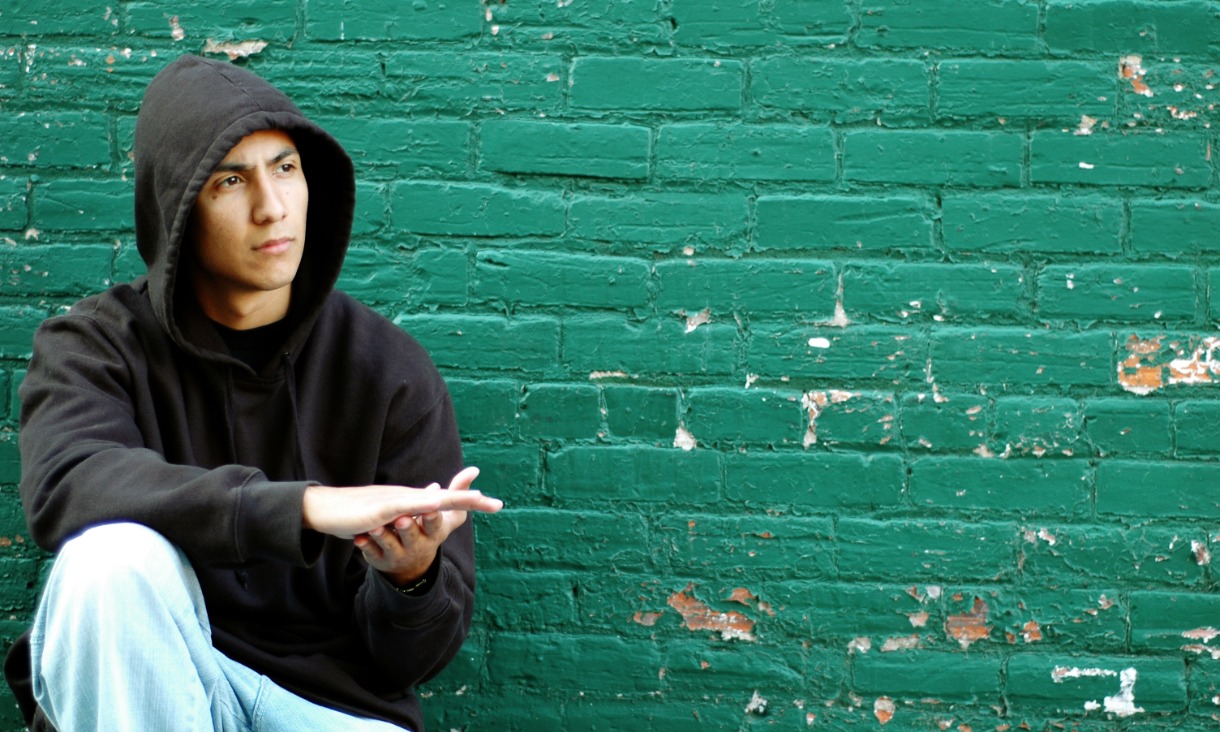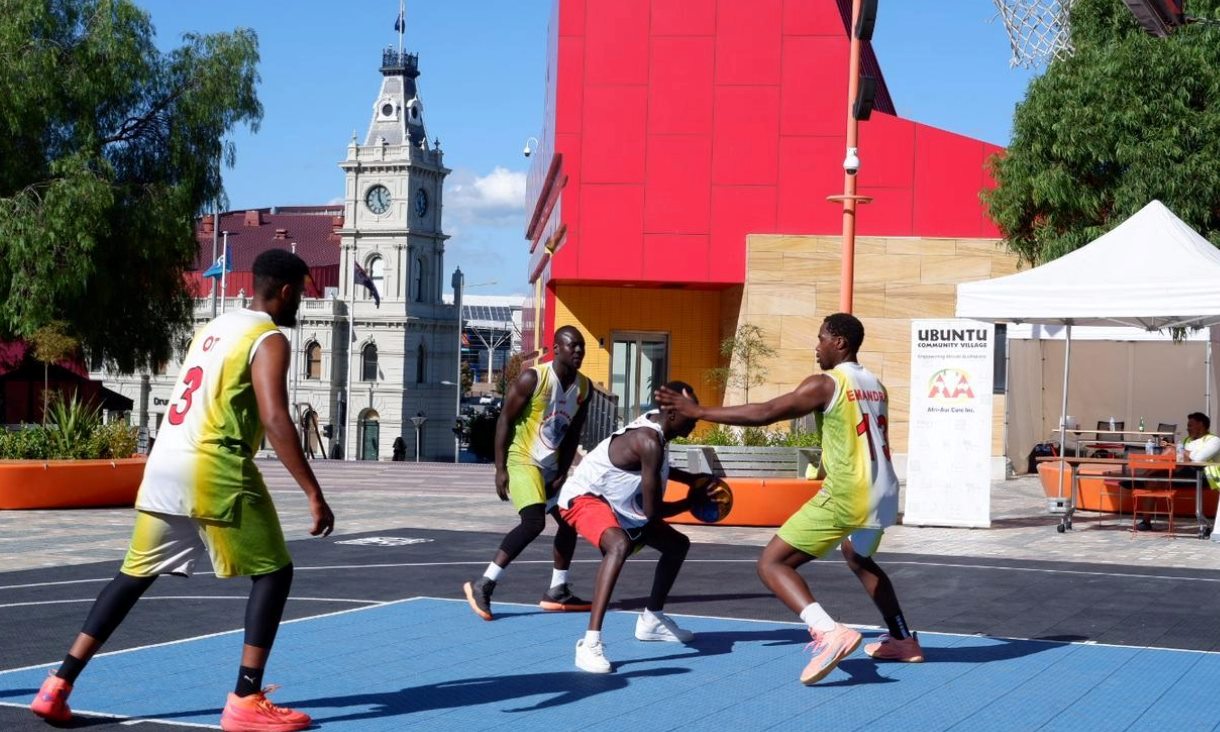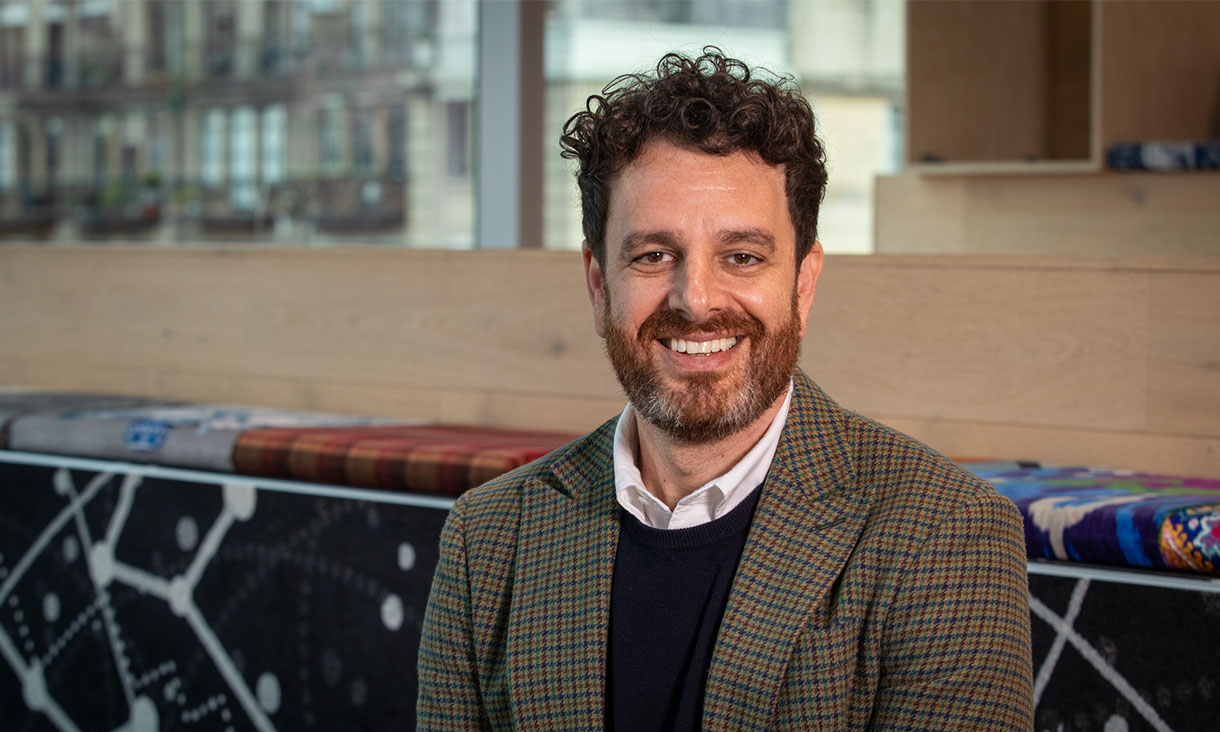National coronavirus mental health plan
The Australian Government has announced a $48 million national coronavirus mental health and wellbeing pandemic response plan, boosting research, services for vulnerable groups and awareness.
School of Global, Urban and Social Studies’ lecturer Dr Kathryn Daley said it was a first step in attending to the mental health crisis associated with COVID-19 but wasn’t enough.
“Just $29.5 million of this is going to direct services, which will only begin to address the problem forecast by the National Mental Health Commission,” she said.
“If $10.4 million is to be committed to an awareness campaign, we need to ensure that services are adequately resourced to support those who will need help."
She said it was difficult to fully estimate the prevalence of mental health issues, but investment in prevention and early intervention would pay significant social and financial dividends later.
Vulnerable young people hit hard during COVID-19
Daley said young people were especially hard hit by the current economic situation.
“They are likely to have been employed in the most affected industries and in turn lost their jobs,” she said.
“Simultaneously, they are having to adjust to their education being significantly disrupted as education providers have scrambled to adapt to online learning.”
Added to that, those on the margins were suffering in ways we weren’t fully aware of.
“Outreach workers have been unable to provide visits to vulnerable young people, leaving the most vulnerable members of our community without support,” she said.
There was online support available, but many of those sleeping rough didn’t have access to the internet let alone technology.
“Extended periods without contact to support workers does not bode well for the mental and physical wellbeing of these people,” she said.
At the same time, those in prison and state care often lacked basic human rights during the health crisis.
“We have seen increasing numbers of young people absconding from care, as well as social media campaigns drawing attention to the fact that prisoners are not provided with free soap, highlighting the human rights issues associated with those in institutional settings.”
If you or anyone you know needs help
· Lifeline 13 11 14
· Mens Line 1300 789 978
· Kids Helpline 1800 551 800
· 1800 RESPECT 1800 737 732
· National Counselling and Referral Service 1800 421 468 or 02 6146 1468
· Aboriginal Family Domestic Violence Hotline 1800 019 123
Story: Diana Robertson





